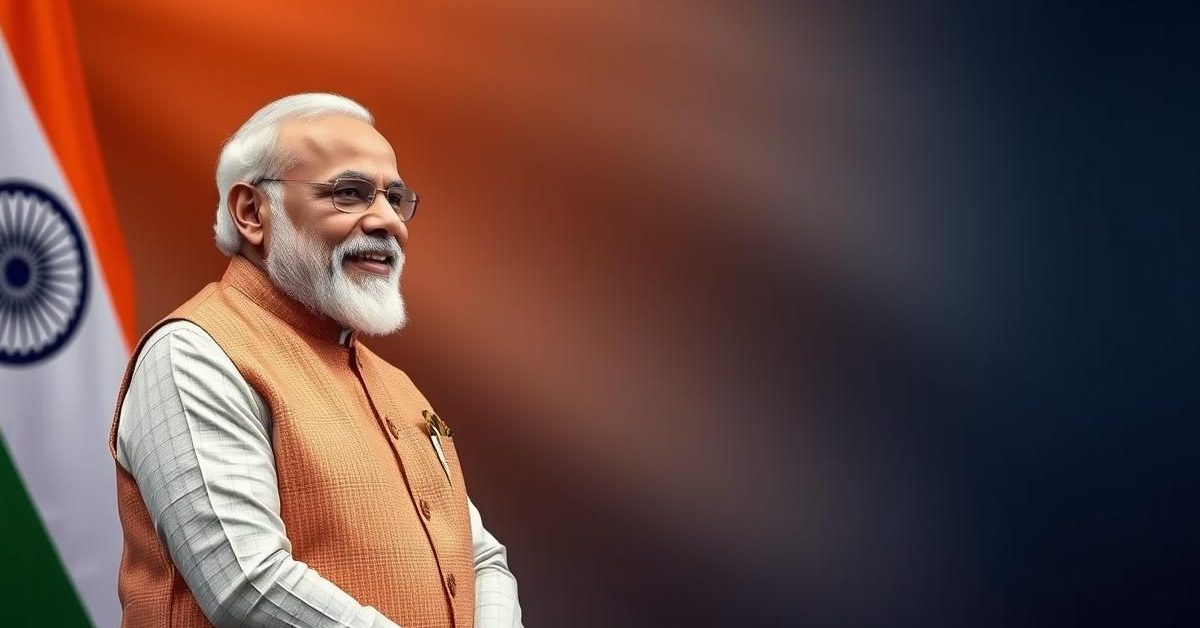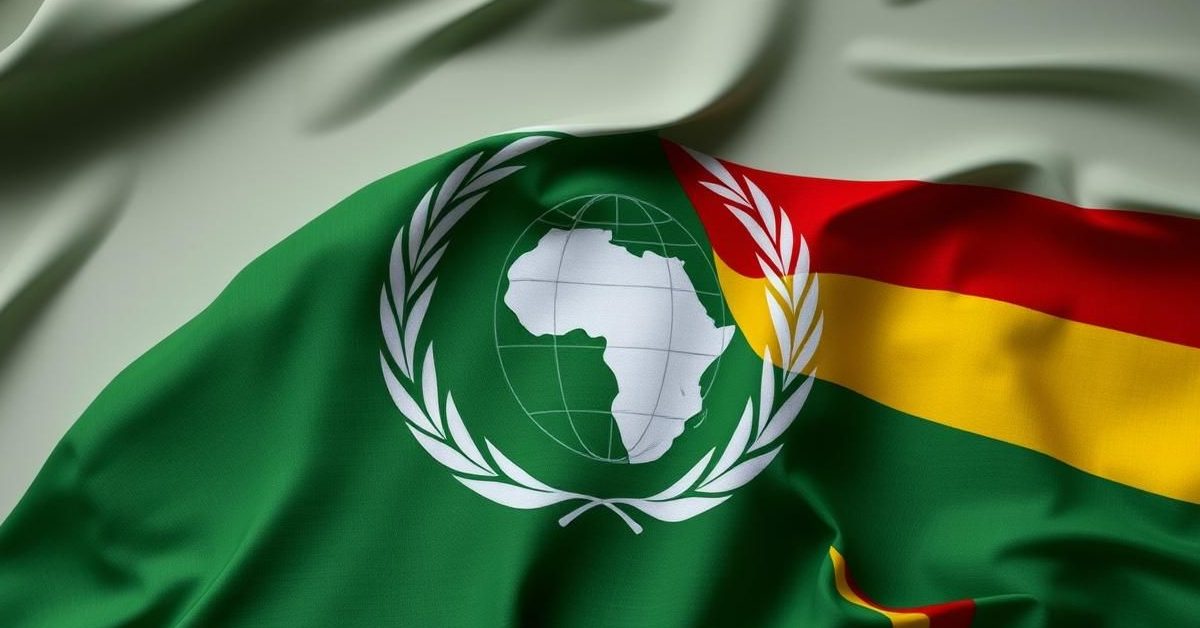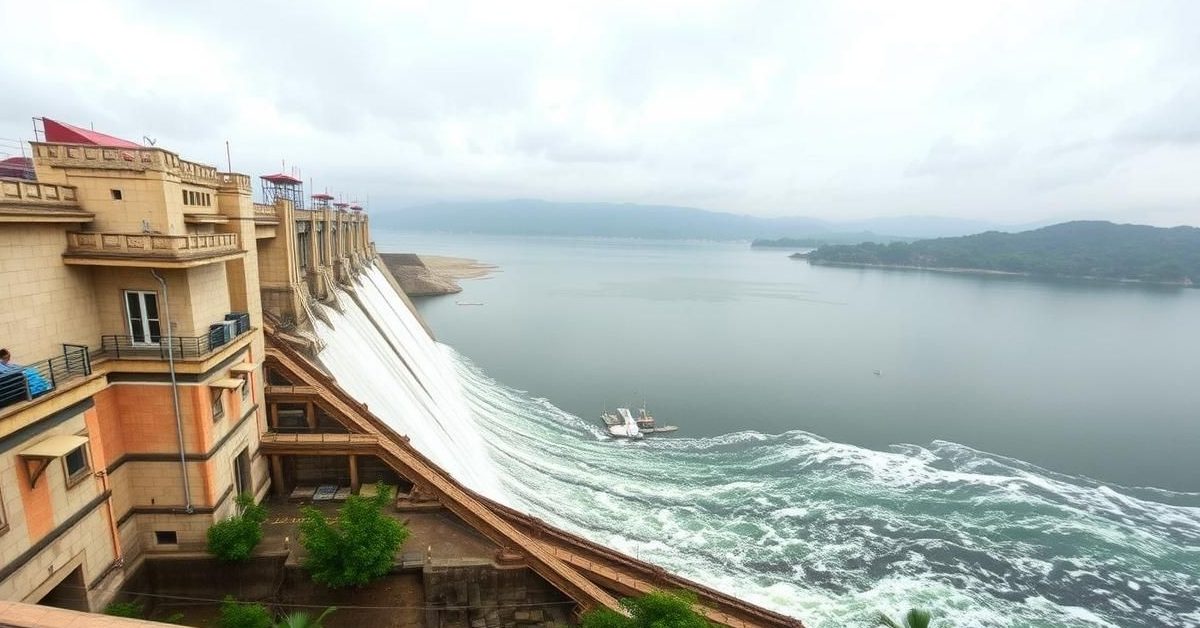India is actively navigating a complex global landscape, strengthening diplomatic ties with neighbors, accelerating domestic manufacturing, and engaging in critical environmental and trade discussions.
Strengthening Bonds with the Maldives
India continues to underscore its role as a trusted partner to the Maldives. Prime Minister Narendra Modi recently announced a significant Rs 4,850-crore line of credit for the island nation, reaffirming India’s ‘Neighbourhood First’ policy.
This commitment highlights the strategic importance of the Maldives for India’s maritime security, especially given its location near key Indian Ocean shipping lanes. Both nations are focused on peace, stability, and prosperity in the Indian Ocean region, including through initiatives like the Colombo Security Conclave.
During the recent visit, several agreements were signed, including the initiation of negotiations for a free trade agreement (FTA) and a bilateral investment treaty. India also handed over 3,300 social housing units and provided heavy vehicles to the Maldivian Ministry of Defence, showcasing broad areas of cooperation despite past diplomatic challenges like the “India-out” campaign.
Boosting ‘Make in India’ through PLI
India’s Rising Share in Smartphone Manufacturing
India’s manufacturing sector is experiencing a significant surge, particularly in smartphones. The country’s share in US smartphone imports jumped to nearly 36% in the first five months of 2025, up from about 11% in 2024. This growth is largely driven by Apple, which has doubled down on production in India through its contract manufacturers like Foxconn.
This success is primarily attributed to the Indian government’s Production Linked Incentive (PLI) scheme, launched in April 2020. The PLI scheme covers 14 sectors and offers incentives on incremental sales, attracting both original equipment manufacturers (OEMs) and contract manufacturers. It has helped shift some production away from China and contributed to increased value addition domestically.
The Global Challenge of Renewable Energy Transition
The world added a record 582 gigawatts (GW) of renewable energy capacity in 2024, marking a 15% increase over the previous year. This brings the global installed renewable capacity to over 4,442 GW, with renewables now producing about 30% of the world’s electricity.
However, despite this rapid growth, renewable energy is primarily meeting the rising global electricity demand rather than replacing fossil fuels. Fossil fuels still account for over 70% of global electricity production, and their absolute use continues to grow, leading to record-high greenhouse gas emissions.
A significant portion of this renewable growth, 71%, occurred in Asia, with China alone accounting for over 62% of global additions. This lopsided deployment and China’s near monopoly on renewable system supply chains pose accessibility challenges for many countries, complicating the broader energy transition needed to tackle the climate crisis.
Navigating International Carbon Taxes
India recently missed an opportunity to secure concessions for its small and medium enterprises under the UK’s Carbon Border Adjustment Mechanism (CBAM) in the India-UK Free Trade Agreement (FTA) text. The UK’s CBAM, set to take effect from January 1, 2027, will impact India’s exports of carbon-intensive goods like steel and aluminium.
CBAM is a carbon pricing system, similar to the EU’s, designed to tax imported products based on their carbon emissions footprint. Its aim is to prevent “carbon leakage,” where industries move to countries with less strict emission norms. However, developing countries like India argue it overlooks the “differentiation” principle, which allows them to be treated differently from developed nations in climate agreements.
The absence of a resolution in the FTA means India might challenge the UK’s CBAM at the World Trade Organization (WTO). However, the WTO’s Dispute Settlement Body faces challenges, meaning the regulations could be in effect long before a ruling.
- India extended a Rs 4,850-crore line of credit to the Maldives, reinforcing its ‘Neighbourhood First’ policy.
- India’s share in US smartphone imports reached nearly 36%, largely due to Apple’s investments under the PLI scheme.
- Global renewable energy capacity saw a record increase, but it’s primarily meeting new demand, not replacing fossil fuels.
- India’s exports to the UK could be impacted by the UK’s new Carbon Border Adjustment Mechanism (CBAM), a contentious issue not resolved in the recent FTA.
These developments underscore India’s active engagement on multiple fronts—diplomatic, economic, and environmental—as it strives for sustainable growth and a stronger global presence.
India is actively strengthening its diplomatic ties, boosting domestic manufacturing, and navigating complex global economic and environmental policies.
Deepening Ties with the Maldives
India has reiterated its commitment as a trusted friend to the Maldives. Prime Minister Narendra Modi recently announced a significant Rs 4,850-crore line of credit for the island nation.
This move highlights the strategic importance of the Maldives within India’s ‘Neighbourhood First’ policy. Both countries are focused on ensuring peace and stability in the Indian Ocean region, engaging in joint efforts like the Colombo Security Conclave to bolster maritime security.
Despite past challenges, including an “India-out” campaign, the nations are forging ahead. Key agreements are underway, including negotiations for a free trade agreement and a bilateral investment treaty. India’s assistance extends to housing projects and defence support, showcasing broad cooperation.
‘Make in India’ Accelerates Smartphone Production
India’s Growing Share in US Smartphone Imports
India’s manufacturing sector is witnessing a remarkable surge, particularly in smartphone production. The country’s share in US smartphone imports has jumped to nearly 36% in the first five months of 2025, a significant increase from 11% in 2024.
This growth is largely propelled by major companies like Apple, which has ramped up production in India through its contract manufacturers. A key driver behind this success is the Indian government’s Production Linked Incentive (PLI) scheme.
Launched in 2020, the PLI scheme covers 14 sectors and offers incentives to boost domestic manufacturing. It has been instrumental in attracting global players and shifting some production away from traditional hubs like China, enhancing India’s position in the global electronics supply chain.
The Global Challenge of Renewable Energy
In 2024, the world added a record 582 gigawatts (GW) of renewable energy capacity, a 15% increase from the previous year. This brings the total installed global renewable capacity to over 4,442 GW, contributing to about 30% of the world’s electricity.
However, despite this impressive growth, renewable energy is currently meeting the increasing demand for electricity rather than replacing fossil fuels. Fossil fuels still account for over 70% of global electricity production, and their overall use continues to rise, leading to persistent high greenhouse gas emissions.
A significant portion of this renewable expansion, 71%, occurred in Asia, with China alone responsible for over 62% of global additions. This concentration, combined with China’s dominance in renewable energy supply chains, presents challenges for equitable energy transition and global climate goals.
India Navigates Carbon Border Taxes
India recently missed securing concessions under the UK’s Carbon Border Adjustment Mechanism (CBAM) in its Free Trade Agreement (FTA) with the UK. The UK’s CBAM, set to begin in 2027, will impact India’s exports of carbon-intensive goods like steel and aluminium.
CBAM is a type of carbon tax that levies a charge on imported products based on their carbon emissions during production. It aims to prevent “carbon leakage,” where industries move to countries with less strict environmental regulations. However, India and other developing nations argue that such measures overlook the principle of “differentiation” in global climate agreements.
Without a concession in the FTA, India may challenge the UK’s CBAM at the World Trade Organization (WTO). Yet, the current issues within the WTO’s Dispute Settlement Body could mean the CBAM regulations are implemented before a resolution is reached.
- India extended a large line of credit to the Maldives, reinforcing its ‘Neighbourhood First’ policy and strategic partnership.
- India’s smartphone manufacturing is booming, with its share in US imports growing significantly, driven by the PLI scheme and Apple’s investment.
- Global renewable energy capacity increased sharply, but it’s primarily meeting new electricity demand rather than displacing fossil fuels.
- India expressed concerns over the UK’s new Carbon Border Adjustment Mechanism (CBAM), which was not addressed in the recent India-UK FTA.
These diverse developments highlight India’s proactive stance in international diplomacy, economic growth, and its ongoing efforts to address global environmental and trade challenges.















